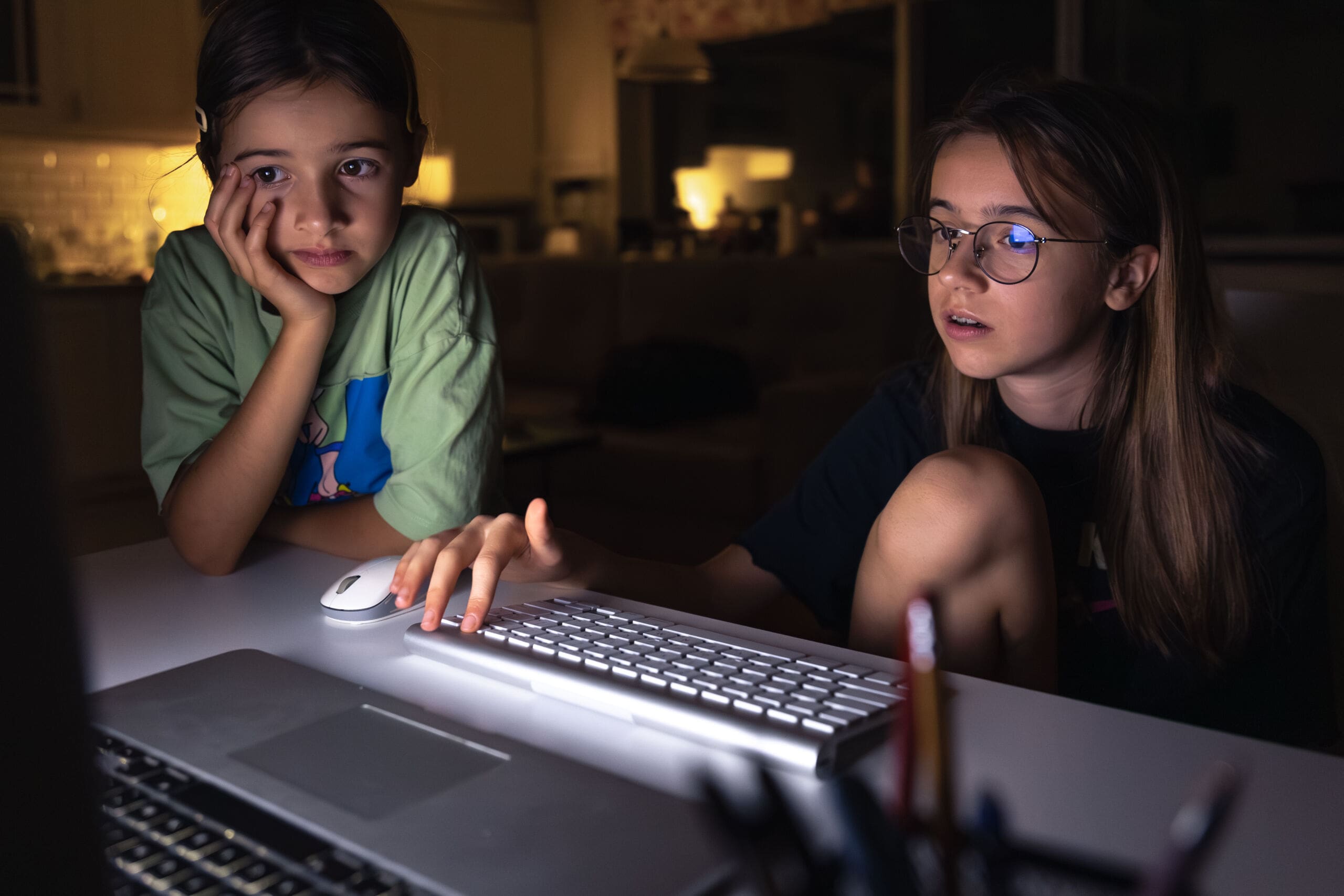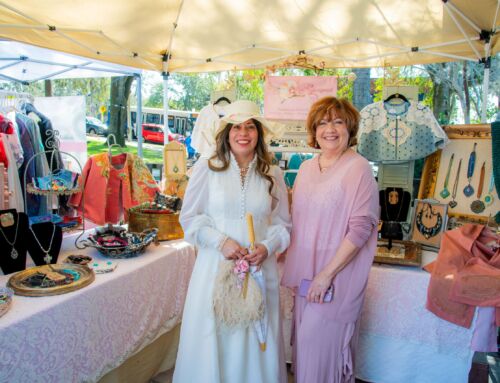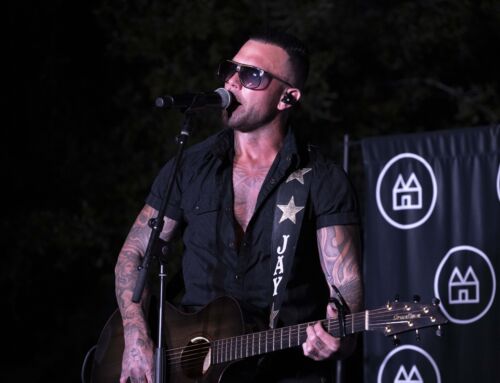December 27, 2024
Florida Enacts Stricter Social Media & Adult Site Protections for Minors Starting January 1

By Cindy Peterson
Florida Enacts Stricter Social Media & Adult Site Protections for Minors Starting January 1

Florida’s controversial Protecting Kids on Social Media Act (HB 3) will take effect on January 1, 2025, introducing sweeping changes to how social media platforms and adult content websites operate within the state. The law, aimed at protecting minors online, has drawn support for its focus on safety while also sparking intense debate over privacy and free speech concerns.
Here’s what we know:
Under the new law:
- Age Ban for Social Media Accounts:
- Children under 14 will no longer be allowed to create or maintain social media accounts.
- Social media platforms must terminate existing accounts suspected to belong to children under 14, granting a 90-day appeal period for users to contest the termination.
- Minors aged 14 and 15 may have social media accounts only with explicit parental or guardian consent. Platforms must terminate accounts for this age group if consent is not provided or is later revoked.
- Parental Oversight:
- Parents or guardians must approve new accounts for minors aged 14 and 15. They are also empowered to request account deletions, which must be completed by the platform within 10 business days.
- Age Verification Requirements:
- Platforms must use third-party age verification methods for new accounts while ensuring personal information collected for verification is not stored or used for other purposes.
Violations of the law could result in civil penalties of up to $50,000 per infraction, and platforms may face legal action from affected users or their guardians.
Adult Site Restrictions
In addition to social media limitations, the law imposes stringent requirements for websites hosting adult content or other materials deemed “harmful to minors”:
- These websites must implement age verification systems to block access by users under 18 in Florida.
- Platforms failing to comply face significant fines and potential legal action.
PornHub, one of the world’s largest adult websites, has announced it will block all Florida users starting January 1 in response to the law.
Legal Challenges
The law’s social media provisions have already been challenged in court, with critics arguing that they infringe on First Amendment rights and impose overly burdensome requirements on platforms. NetChoice and the Computer & Communications Industry Association—representing tech giants like Meta, Pinterest, and Google—filed a lawsuit against the state, leading to a delay in enforcement.
Attorney General Ashley Moody’s office has confirmed that the state will not enforce the social media provisions on major platforms until after a February court hearing on a motion for a preliminary injunction. However, the adult content restrictions remain enforceable as of January 1.
Implications for Floridians
While the law is intended to protect children from harmful content and interactions online, critics highlight potential challenges:
- Increased burdens on parents and guardians to manage their children’s online activities.
- Privacy concerns over the use of age verification systems.
- Unintended consequences, such as websites withdrawing services for Florida users entirely.
Supporters argue that the law represents a necessary step toward safeguarding minors in an increasingly digital world.
“This legislation puts parents in control and establishes meaningful safeguards for children,” said a spokesperson for the Governor’s office.
What’s Next?
As legal proceedings continue, Florida residents can expect heightened scrutiny over online activities and compliance measures from platforms. Regardless of court outcomes, the state’s approach signals a growing trend toward stricter online regulations nationwide.
Originally from the small town of Berryville, Arkansas, Cindy has become a multimedia specialist in journalism, photography, videography, and video editing. She has a B.S. in Communications from the University of Central Arkansas and produces Style Magazine's Sports Hub Podcast and the Healthy Living Podcast. She also produces for Beacon College’s Telly Award-winning PBS show, “A World of Difference.” When she isn’t working, Cindy loves traveling the National Parks with her husband , Ryan, and son, David, photographing wildlife.







































